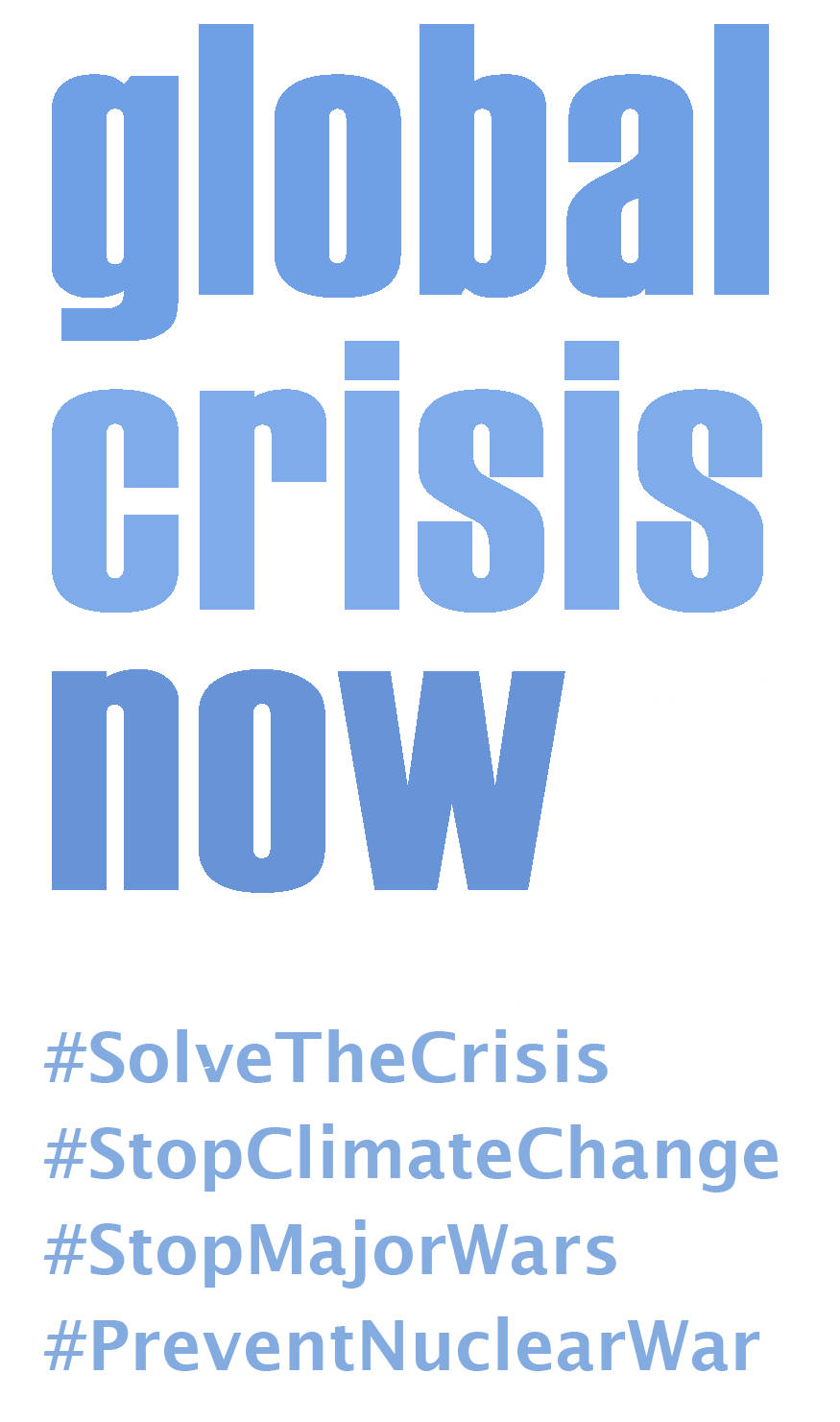Sustainability is neither a doctrine nor a trend. It is a basic condition within which human beings now have to learn to live, work and consume if the planet is to remain habitable. It marks a break from the old concepts of boundless growth and human domination over the environment. It argues for a new paradigm that recognizes human economic and social activity as being subservient to the environment. In short, no sustainable environment, no economy, no viable society.
Sustainable development meets present needs without compromising the needs of future generations. Intergenerational equity in the resource- constrained world we have now entered requires that social and environmental issues are given equal weight alongside the economic development.
In sustainability, long-term and holistic thinking is essential rather than the short-termism which currently dominates. Methodological rigor and strategic, comprehensive planning should correspondingly increase when the horizon is long-term. But there is a tendency for organizations to defend their existing and often very narrow commitments. This is particularly true for ministries, such defense, energy and transportation, where large sums must be committed over long budget periods. The same problem exists in industry, particularly if the cluster model is used by the innovation system, but this is also true in universities and research institutes where studies and research reports are often not directly relevant to decision-making.
In order to create a sustainable future for all of us what we should do is to embed risk management into our strategic planning and build analytical teams that can look forward with holistic insight into the interconnected future.
In this new paradigm of sustainability it is not enough to generate more and better scientific data, massive amount of research and analysis on limited observations, or to develop more sophisticated models to capture the fields of only one or two separate areas of inquiry. We need rather a much deeper, clearer, analytical understanding of the interrelated developments of the world and the relationships among their components. This comprehensive approach leads to a complex, dynamic but realistic understanding of our society interacting with nature and facing the limitations of the resources of the planet.
From this new comprehension of the world as it is with its all complicated feedbacks comes wisdom that leads to effective action. Therefore it is not enough to define the problem. We also need to show the implications of policies so that policy makers can find actionable solutions taking the holistic and synergistic implications of their policies into account.
For the above reasons the Helsinki Sustainability Center was established in 2012 and for the first two years I had an honor to serve as its Chairperson. I warmly welcome factual reports that can take us beyond the existing consensus. This Manifesto is one of those.
This Manifesto defines the fundamental inter- related issues – facts of climate, resources, economy and energy – that our global society has to take into account to reach long-term sustainability. Secondly, it proposes actions that should be taken to prevent worst-case scenarios and open up new sustainable opportunities. The results presented here – a scary scenario of catastrophic climate change but also proposals for necessary measures humankind has to take to avoid it, and to prosper – are the fruits of a multidisciplinary cooperation between a world- renowned energy and climate policy expert, Ian Dunlop, a long-time UN policy planner, Tapio Kanninen, and one of the new leaders in strategic thinking and research, Mika Aaltonen. The bios of Ian, Tapio and Mika are at the end of the book – their combined knowledge and expertise provides a solid foundation for the Manifesto.
One might not like or understand on the first reading all pieces of information contained in this important document but its holistic, comprehensive data and logic of argumentation is both penetrating and innovative and puts us in a thinking mode. I hope that the Manifesto will lead to a lot of discussion, and reflection among national and international policy-makers, media, civil society actors and scholars – as well as citizens at large – and I will actively participate in that discussion which is long overdue. The destiny of our civilization is at stake and it is high time for action.
Tarja Halonen
Former President of Finland
Co-Chair of the High-Level
Panel on Global
Sustainability set up by
UN Secretary-General
Ban Ki-moon
